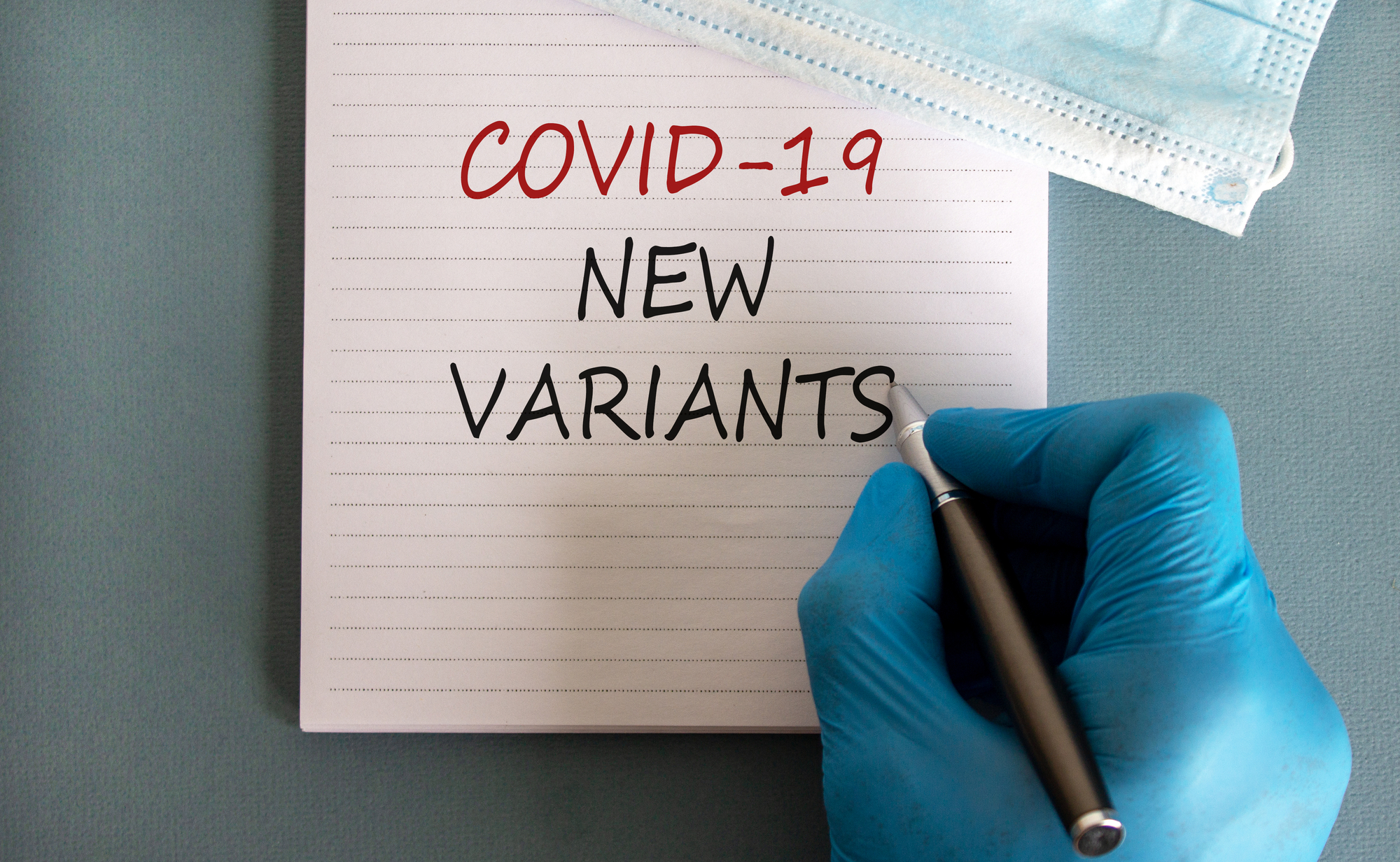By Judith Fales
A new coronavirus variant, B.1.526, that could be more transmissible and intractable than the traditional strain that has been spreading in New York City, was recently found in Western New York. The variant shares similarities with the one first discovered in South Africa (B.1.3.51). In response, Moderna sent a new COVID-19 vaccine targeting B.1.351 to the NIH for clinical testing. Pfizer/BioNTech is also testing a third dose of its injection to provide better protection against all emerging variants.
Dr. William Hanage, Associate Professor of Epidemiology at the Harvard T.H. Chan School of Public Health, recently addressed questions surrounding the variants during a Facebook Live event. He explained that variants occur spontaneously and said the more contagious British variant (B.1.1.7), doubling about every 10 days, is now becoming the predominant variant in the United States and elsewhere.
Both the Pfizer and Moderna vaccines are highly effective against current variants and are 100 percent effective against serious disease and death due to COVID-19. This is less true for the AstraZeneca and Novavax vaccines. Dr. Hanage said that in order to stop the virus from spreading and more variants from emerging, we will have to vaccinate more people more quickly. Since large portions of the world still do not have the vaccine, the probability that the virus will continue to spread and cause more variants increases. Recognizing our moral and practical obligation to get vaccines to poorer countries, the United States and many of the world’s wealthier countries have donated money toward this effort.
People asked Dr. Hanage if we could eventually, as we have with antibiotics, become resistant to the vaccines, but he said that this is not possible. Others asked if one dose of the Moderna or Pfizer vaccine could provide enough protection from the virus. He said that while some countries are already delaying the second vaccine to protect more people with a single dose, this is not an approach that U.S. scientists recommend. Recommendations and guidelines we adopt in the U.S. are based on clinical trials and real data. Thus, Dr. Hanage stresses the importance of getting the second dose of the vaccine within three or four weeks following the initial dose. Meanwhile, experts are concerned that some people are choosing to not keep their appointments for the second vaccine, because it could affect their immunity.
The good news is that, in recent weeks, there has been a decrease in the number of infections and hospitalizations, which is consistent with the fact that most viruses peak in January, and then start to decrease. Also, more people are getting vaccinated; however Dr. Hanage predicts more cases during the fall months. He emphasizes that we need to accept the fact that coronaviruses are here to stay, which means we must continue to wear masks, social distance, limit the size of indoor gatherings, and get the vaccine when it becomes available to us.
Visit https://theforum.sph.harvard.edu/events/the-coronavirus-pandemic-29 to watch Dr. Hanage’s presentation.












